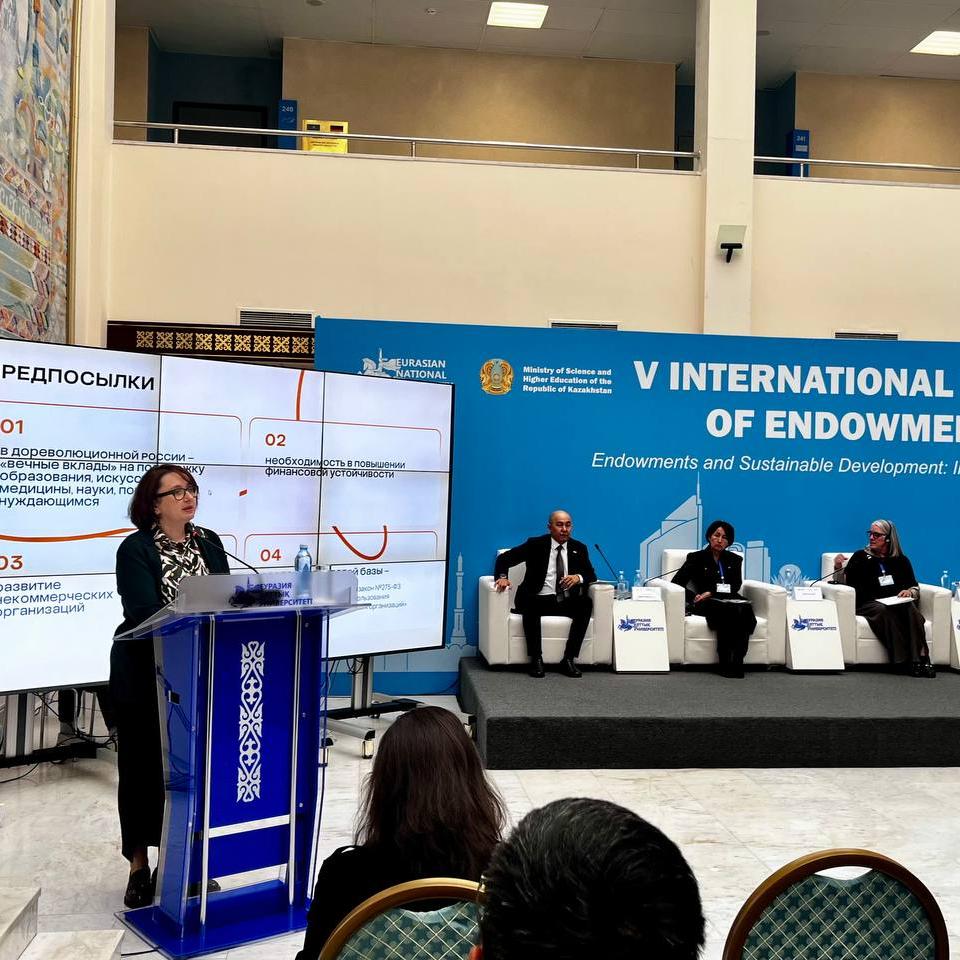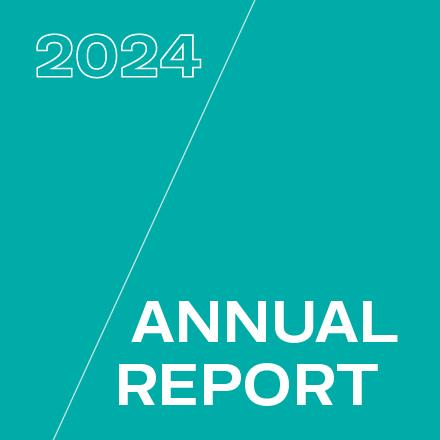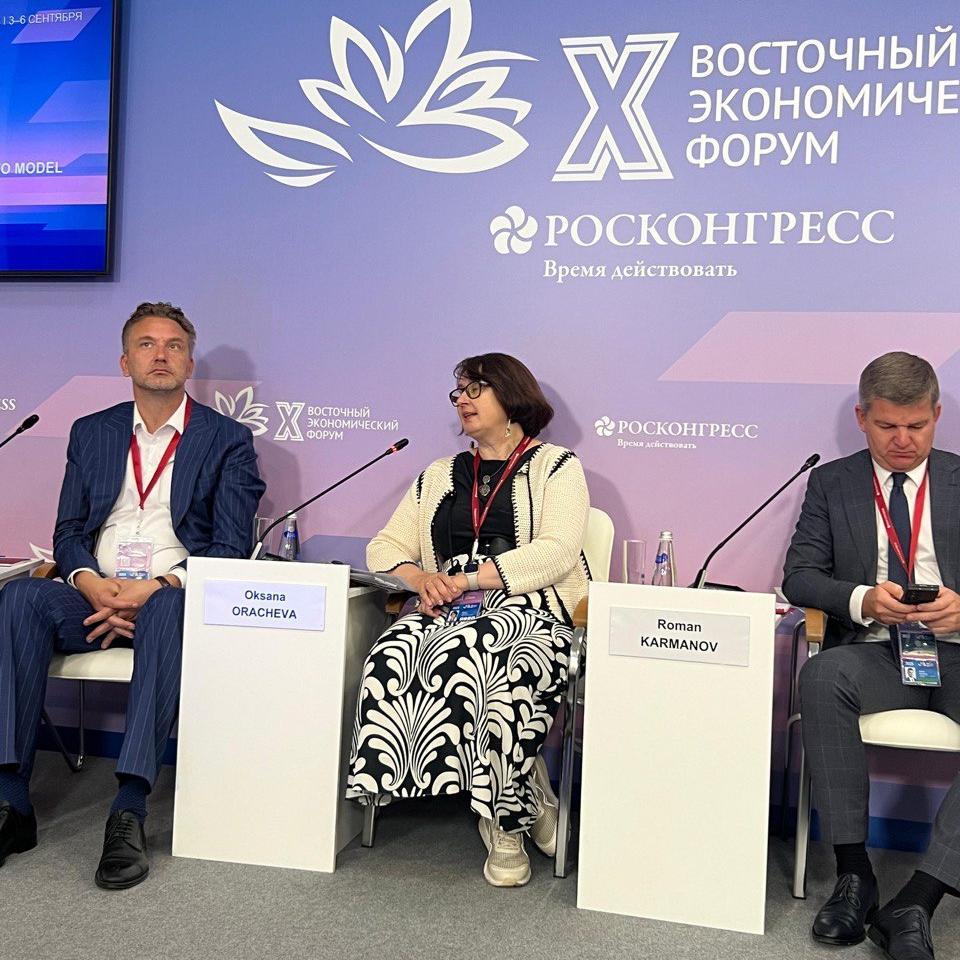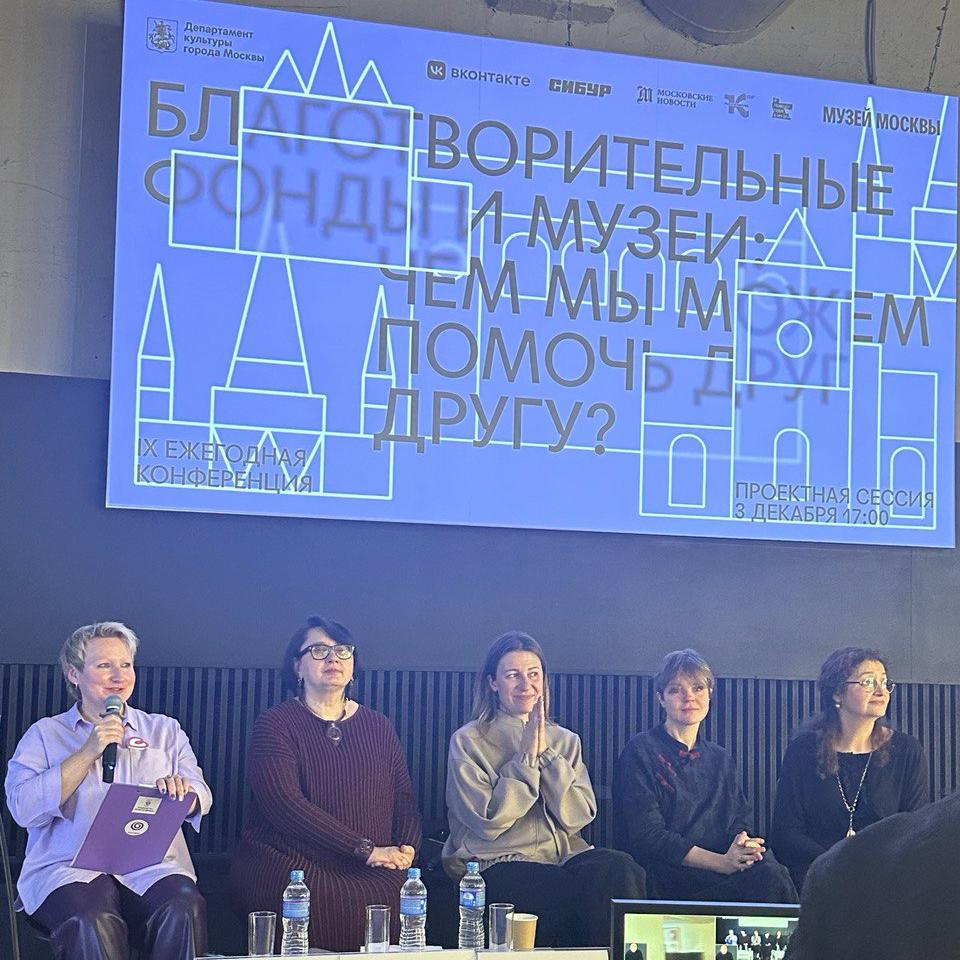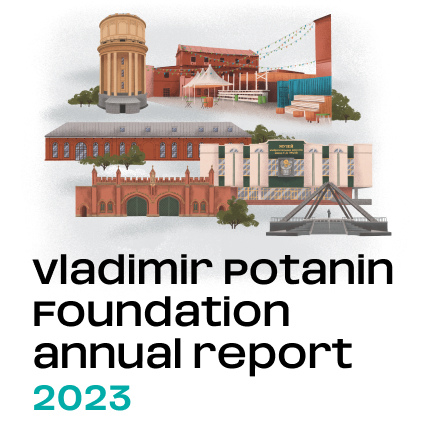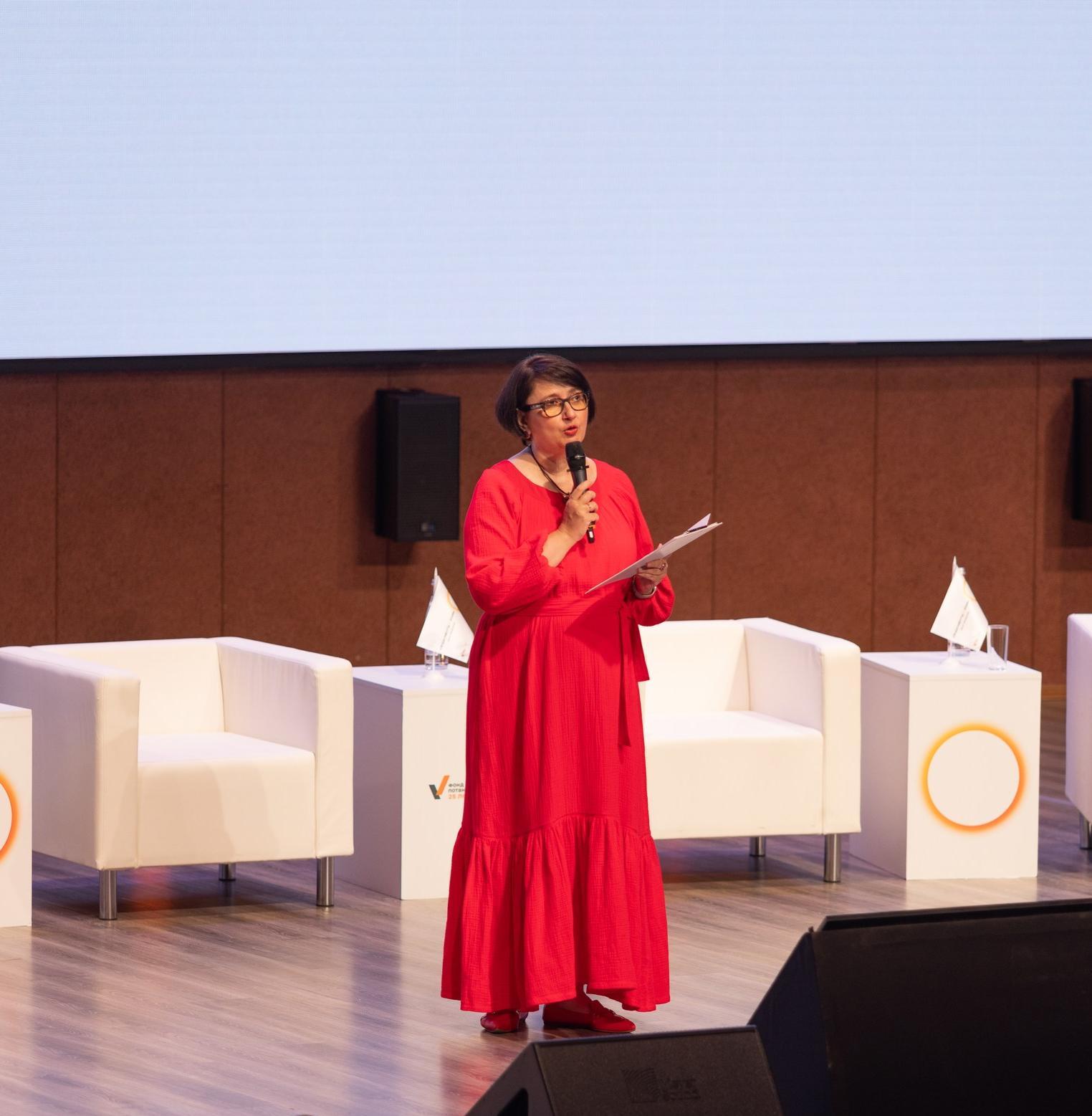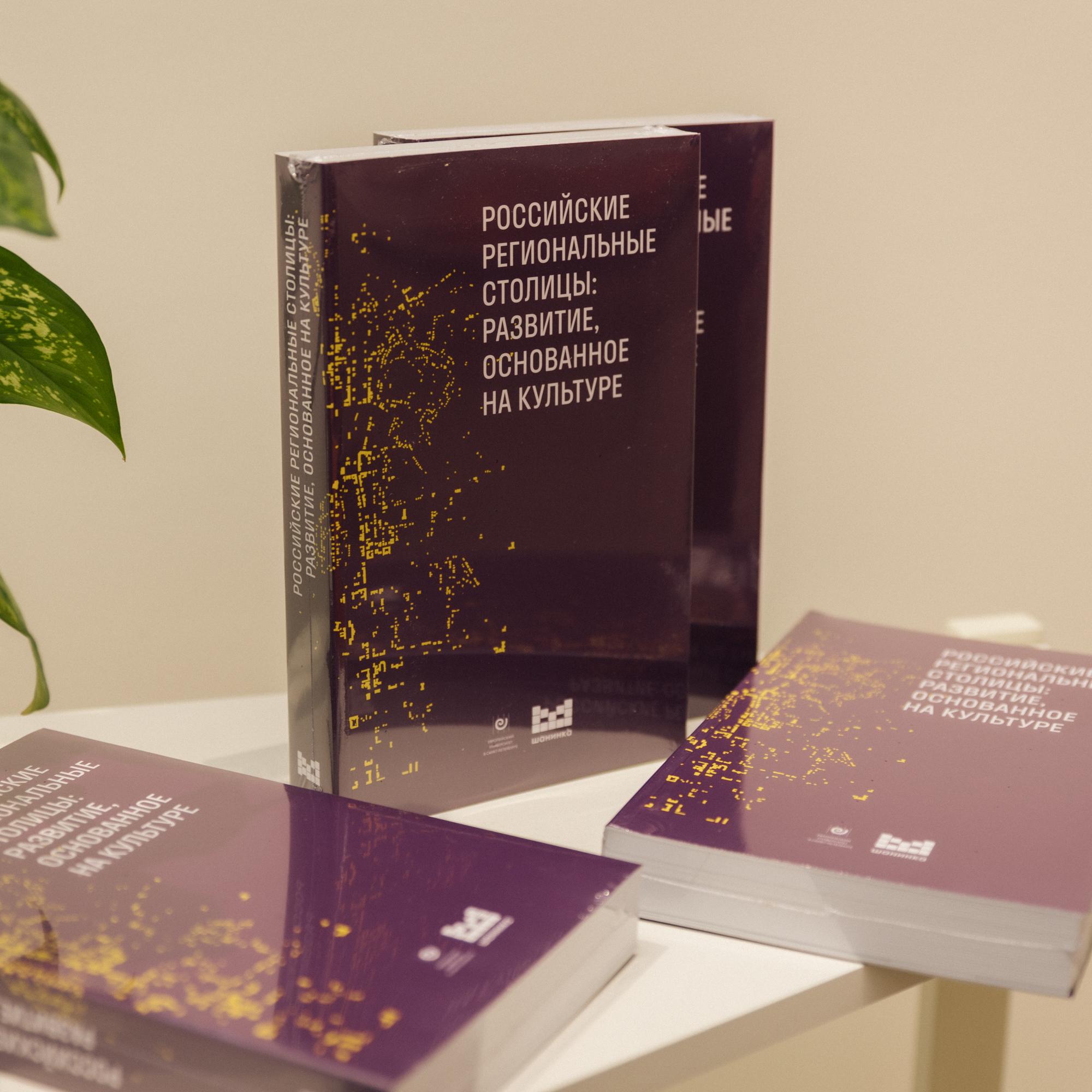(en) Текст новости
A meeting with the Dean of the Moscow State University’s Faculty of Economics, Alexander Auzan, took place on November 25. The conversation was hosted by Elizaveta Osetinskaya, the founder of The Bell project.Below are a few quotes from the streamed conversation:
VIDEO
